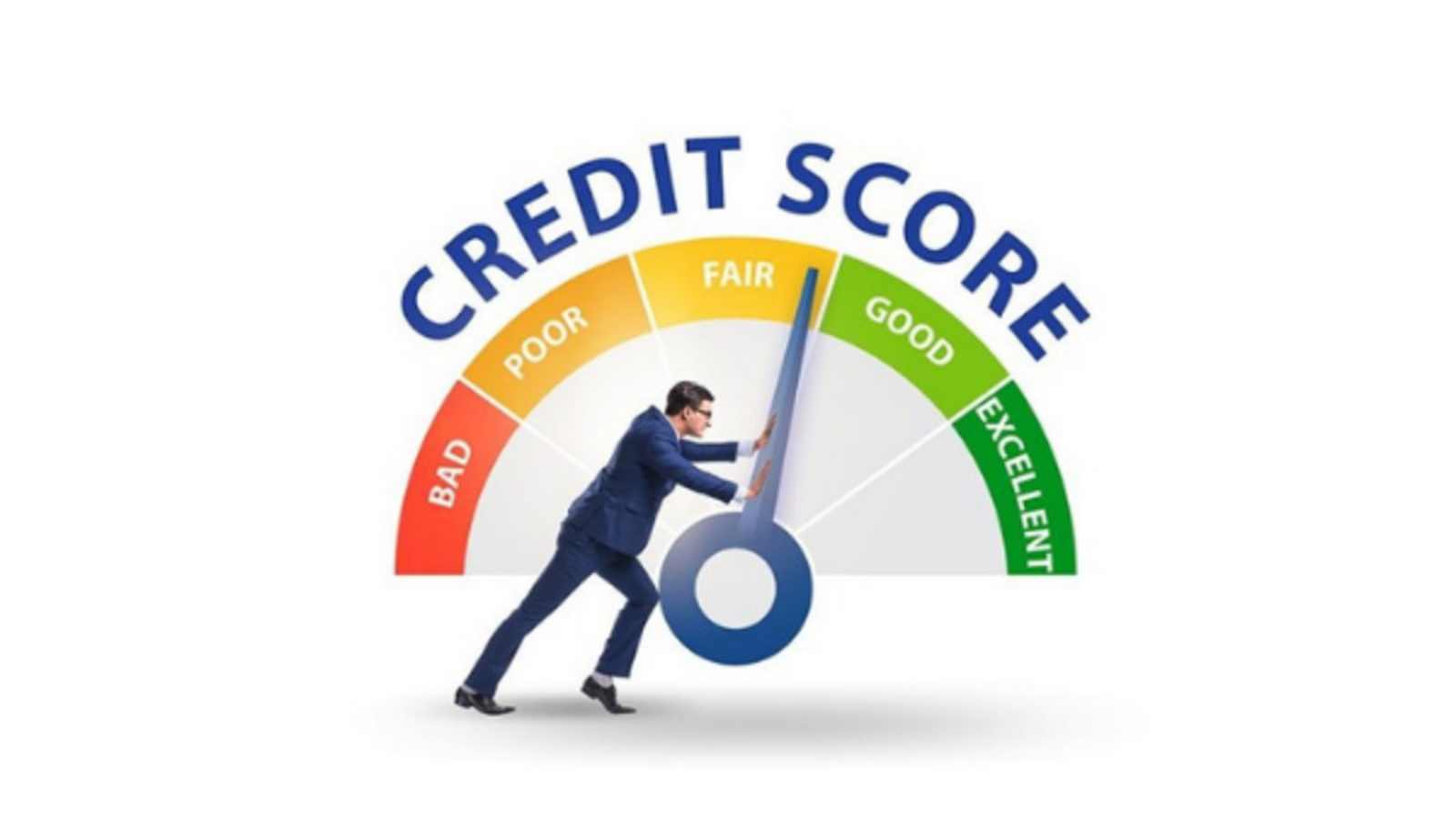When it comes to taxes, most people are familiar with paying taxes on income they’ve received. But imagine getting taxed on income that never landed in your bank account. That’s the reality for many individuals and businesses facing “phantom tax.” In this blog, we’ll dive into what phantom tax is phantom tax how you can better understand and navigate its effects.
What Is Phantom Tax?
Phantom tax refers to taxes levied on “phantom income” – income that an individual or business is required to report for tax purposes, even though they haven’t received it in cash. This type of tax scenario is most common in certain investment, partnership, or real estate situations where income is accrued or deemed to exist on paper but isn’t distributed as cash.
How Does Phantom Tax Happen?
Phantom tax situations are usually tied to complex investment structures or specific tax regulations. Some of the most common situations where phantom tax arises include:
- Real Estate Investments and Partnerships
Real estate investors and limited partners in business partnerships might face phantom tax if the investment or partnership generates reportable income on paper, but due to reinvestment or other factors, this income isn’t distributed. For example, if a property appreciates, the gain might be considered taxable, even though it doesn’t result in immediate cash flow for the investor. - Debt Forgiveness
If a portion of a debt is forgiven, the forgiven amount may be treated as taxable income. For instance, if a lender forgives part of a mortgage, the IRS may consider the forgiven portion as income, meaning the taxpayer has to pay taxes on this “phantom income.” - Accrual Accounting
In some business settings, especially where accrual accounting is used, revenue might be recognized before it’s received. Businesses that invoice clients and record that income right away could face phantom tax if those invoices go unpaid. - Mutual Funds and REITs (Real Estate Investment Trusts)
Investors in certain types of funds or REITs may face phantom income when gains or income are reinvested rather than distributed. Although investors don’t receive cash payouts, they may still need to report these gains as income for tax purposes. - Non-Cash Stock Dividends
Some corporations issue stock dividends instead of cash dividends. While you don’t receive any cash from a stock dividend, you may still need to pay taxes on the increased value of your holdings.
The Impact of Phantom Tax
Phantom tax can be financially challenging, especially if you’re unprepared. Imagine a scenario where you’ve invested in a partnership, and it reports a sizable profit. For tax purposes, this profit is considered income, even though the profits are retained or reinvested rather than distributed. If you lack liquid assets, paying taxes on this “phantom income” can be problematic.
For businesses, phantom tax can lead to cash flow issues, where the business needs to cover tax liabilities without corresponding income. This can impact financial planning and may limit the business’s ability to invest in growth or cover operational costs.
Minimizing the Effects of Phantom Tax
While phantom tax isn’t always avoidable, some strategies can help reduce its impact. Here are a few:
- Understand Your Investments
If you invest in partnerships, real estate, or complex funds, make sure you fully understand how income is reported and distributed. Working closely with your financial advisor can help clarify whether phantom income might be an issue. - Consider Tax Deferral Strategies
Tax deferral strategies, like reinvesting in similar properties or qualified opportunities, might help defer some of the tax burdens. Consulting a tax professional is advisable to ensure you follow the IRS guidelines. - Monitor Debt Situations
If you’re restructuring debt or have debt that could be partially forgiven, discuss the potential tax implications with a financial expert. They might help structure deals or debts in ways that minimize the chance of phantom income. - Use Losses to Offset Gains
If you’re facing phantom income, offsetting it with any losses can reduce your tax liability. Many investment structures, like REITs, allow for the use of depreciation and other expenses to offset taxable income, which can help reduce the impact of phantom tax.
Final Thoughts
Phantom tax is a unique and often frustrating aspect of the tax code, as it results in tax liabilities for income that hasn’t been received. If you’re dealing with phantom income, it’s essential to understand your tax obligations and work with a qualified professional to navigate these complexities. By doing so, you’ll be better prepared to manage your finances and reduce potential tax surprises.




